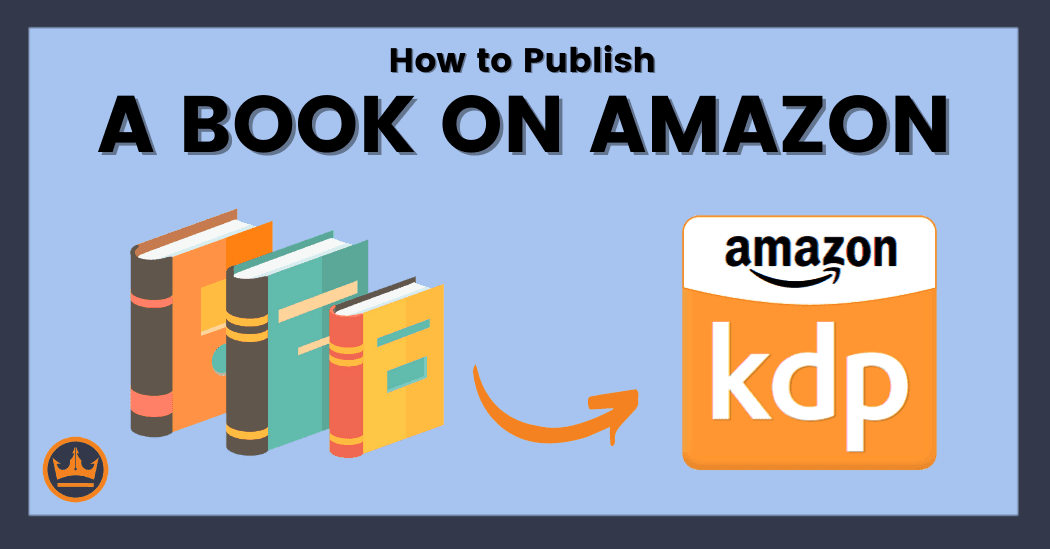Artificial intelligence (AI) is rapidly transforming the book publishing industry, bringing both opportunities and challenges. From content creation to marketing and distribution, AI is making its mark across every aspect of the publishing workflow. In this blog post, we'll explore the key ways AI is impacting authors and the publishing industry as a whole.
1. Assisted Research
AI-powered tools are revolutionizing the research process for authors. By quickly sifting through vast amounts of data and information, AI can help writers find relevant sources, facts, and insights to inform their work. This not only saves time but also enables authors to produce more comprehensive and well-researched content.
2. AI-Powered Editing
Editing is another area where AI is making significant strides. AI-based editing tools can analyze text for grammar, spelling, and style errors, providing real-time feedback and suggestions for improvement. While these tools are not a replacement for human editors, they can streamline the editing process and help authors refine their work more efficiently.
3. Increased Need for Real Thought Leadership
As AI becomes more prevalent in content creation, there will be a growing demand for authentic, original thought leadership. Readers will seek out works that offer unique insights, perspectives, and ideas that cannot be easily replicated by AI. This shift will challenge authors to dig deeper, think more critically, and bring their own unique voice and expertise to their writing.
4. Personalized Book Recommendations
AI is revolutionizing book discovery by providing readers with personalized recommendations based on their reading history, preferences, and behavior. By analyzing vast amounts of data, AI-powered recommendation engines can suggest books that are tailored to individual readers' tastes, making it easier for them to find new authors and genres they'll love.
5. Automated Marketing and Promotion
AI is also transforming the way books are marketed and promoted. AI-powered tools can analyze data to identify the most effective marketing channels, target audiences, and promotional strategies for specific books. This allows publishers to optimize their marketing efforts and reach readers more effectively, ultimately driving book sales and author success.
6. AI-Generated Book Covers and Illustrations
AI is making its mark on book design as well. AI-powered tools can generate book covers and illustrations that are tailored to specific genres, themes, and target audiences. While these AI-generated designs may not replace human creativity entirely, they can provide a starting point for designers and help streamline the cover design process.
7. AI-Assisted Writing
Perhaps the most controversial aspect of AI's impact on the publishing industry is its potential to assist in the writing process itself. AI-powered writing tools can help authors generate content, develop characters, and even write entire passages of text. While these tools are not yet capable of producing high-quality, original content on their own, they may become more sophisticated over time, raising questions about the role of human authors in the creative process.
Navigating the Future of AI in Publishing
As AI continues to evolve and become more prevalent in the publishing industry, it will be crucial for authors, publishers, and readers to navigate this new landscape thoughtfully and ethically. While AI offers many benefits, it also raises concerns about the preservation of human voice, creativity, and original thought.To ensure that AI is used responsibly and effectively in publishing, it will be important to establish clear guidelines and best practices for its use. This may involve developing standards for AI-assisted writing, ensuring that AI-generated content is properly attributed, and protecting the rights of authors and publishers in the face of new technological challenges.Ultimately, the future of AI in publishing will depend on the ability of authors, publishers, and readers to work together to harness the power of AI while preserving the core values and principles that have made the publishing industry so vital and enduring. By embracing the opportunities presented by AI while remaining vigilant about its potential pitfalls, we can ensure that the book publishing industry continues to thrive in the years to come.
Conclusion
Based on this blog and articles probably you have read. Do you think AI is good for the eBook industry or not?

Kathy Asher



